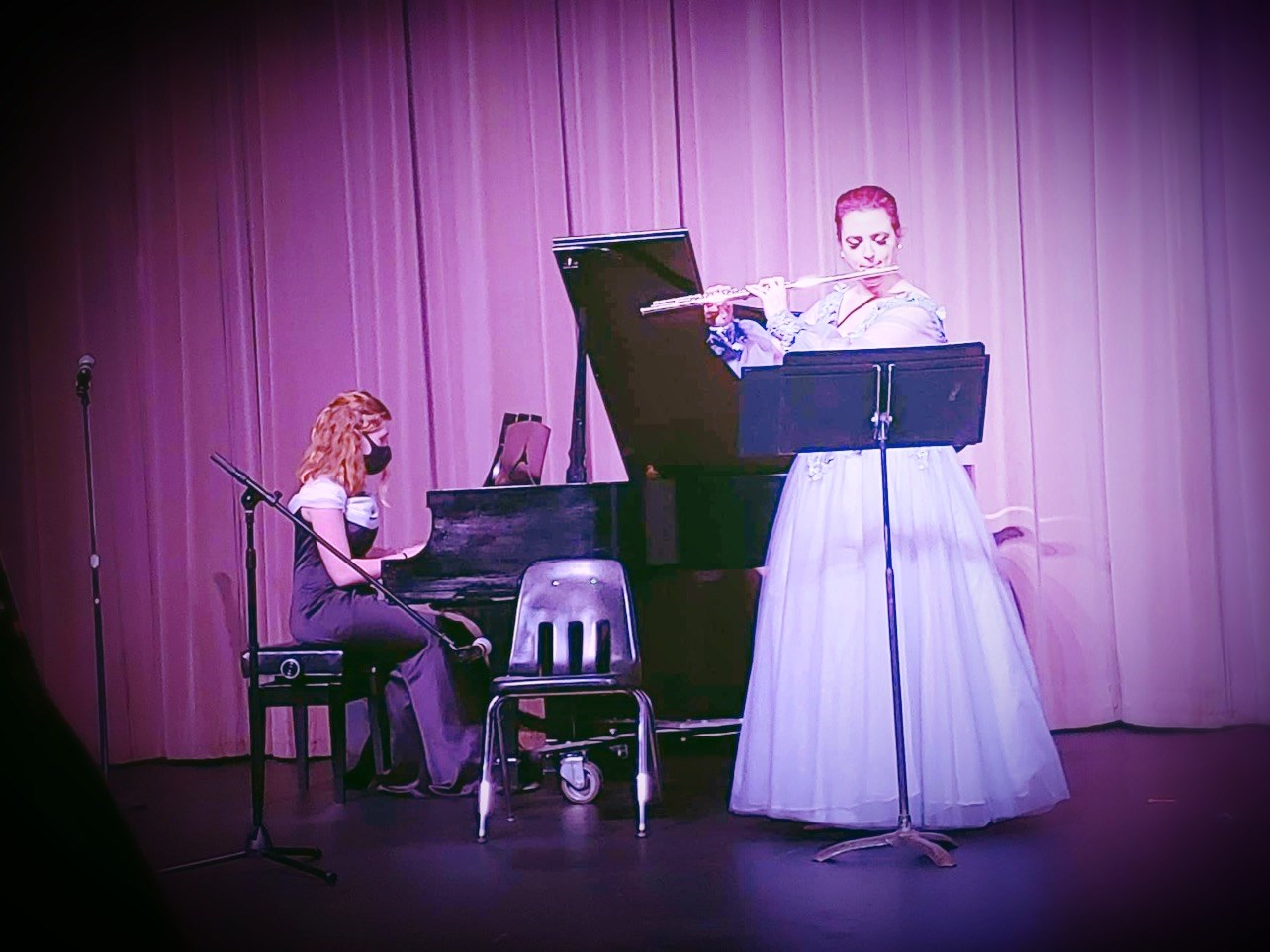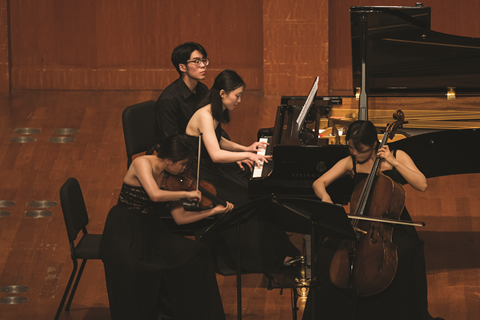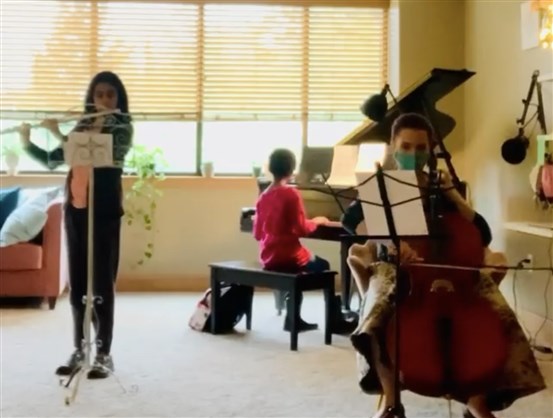All students are welcome to participate in chamber groups. Chamber groups meet weekly, outside of lesson time. Registration is required. Students are expected to come to rehearsal prepared for group work. Individual preparation should be done outside of rehearsal time.

Chamber music is the most collaborative form of music-making. Every player has their own, individual part to play; and, at the same time, the handful of players learn to work together to play as one voice. Each musician must contribute fully for the group to achieve success. Students gain musical and interpersonal technical skills. They learn to listen to and watch each other closely, sometimes leading and other times following. They develop musical imagination and self-confidence as they test out ideas together, and they learn to give and be open to constructive criticism.

Collaboration: Chamber Music involves working together equally, sharing opinions and striving to come together to make something beautiful. Each individual voice is important, and so is the collaboration of the voices together.
Leadership: There is no conductor! Each member of the group has to be the leader at different times to help the group come together.
Responsibility: When there is only one student to a part, there is no ability to hide and each student must be responsible for learning his or her music! With such a small ensemble, attendance and punctuality also become very important; students must be responsible for regular, faithful attendance and being on time for rehearsals and/or coaching.

Intonation: In small ensembles, students must focus and learn the skill of playing in tune.
Performance Skills: The ability to perform in front of an audience is another skill that is honed in chamber music. Control of performance nerves translates to auditions, interviews, presentations, and any type of public speaking.